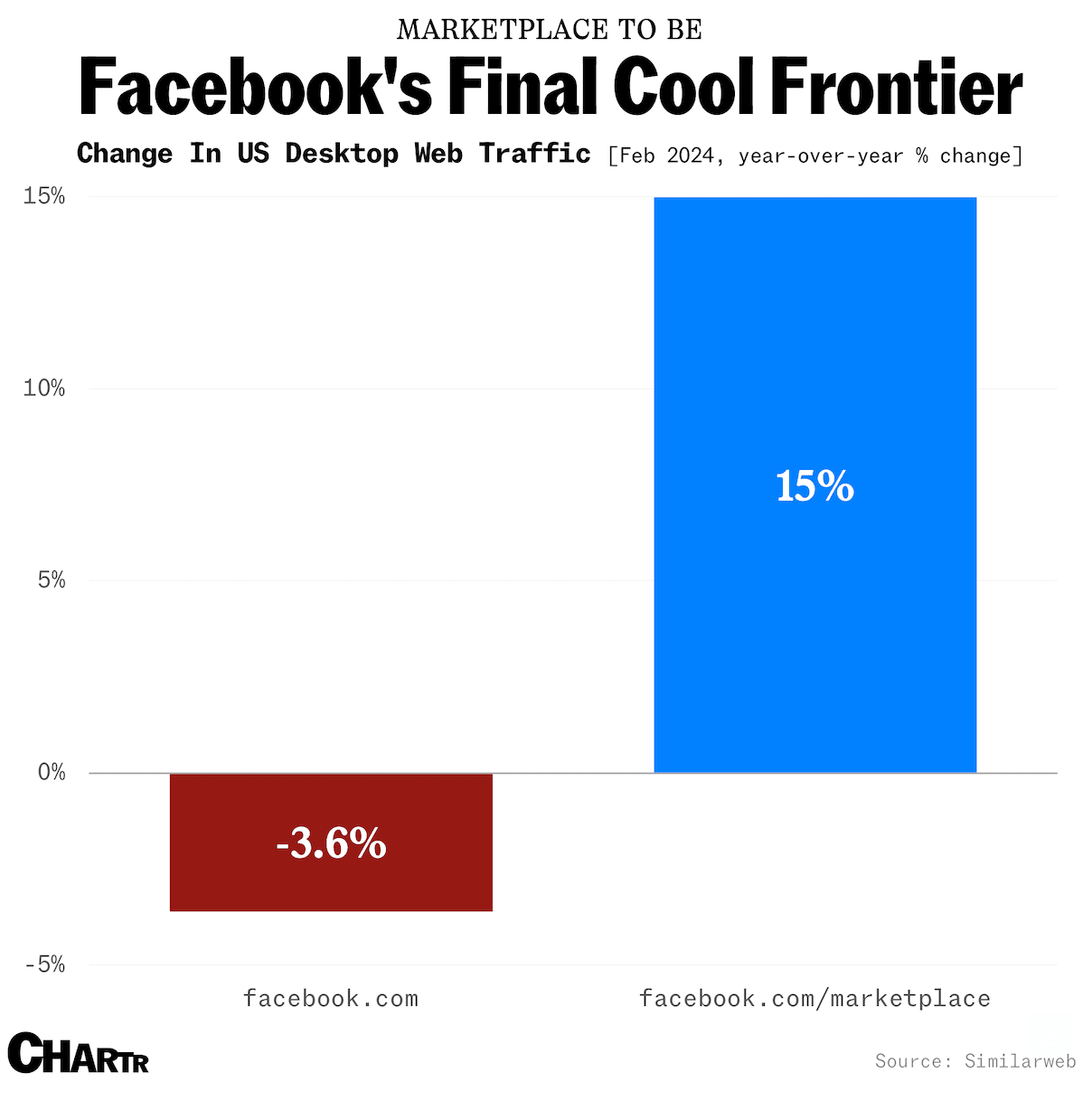Issue 178: Can We Make Email Better?
Welcome to Backstory, a weekly newsletter turning global technology shifts into a three-minute read. This week, we’re thinking about email. – Mary Ames, Director of Strategy
THE BIG TAKE
Issue 178: Can We Make Email Better?
There is a good chance that you are reading this message in Gmail. The last twenty years have seen genuinely explosive growth of Gmail. The service began on April Fool’s Day in 2004 and has an estimated 1.2 billion users or about 1/7 of the global population. You need a Gmail address to work with anything inside the Google Workspace, like starting a Google Doc or joining a Meet call. Even though it's vital for our online lives, is Gmail all that exciting anymore?
Once powerful. When Gmail began, the service offered a lot of storage compared to the competition. Users got a free gigabyte, which was incredible compared with what Hotmail and others offered. But that was then. Writing in The Verge, Victoria Song captures the lackluster utility of Gmail in our current digital lives. She writes that “managing your inbox is often a chore, and other messaging apps like Slack and WhatsApp have come to dominate how we communicate online. What was once a game-changing tool sometimes feels like it’s been sidelined.” Is WhatsApp the future of communication? Sometimes it feels that way.
A new system for a new world. As communication technology evolves, platforms like WhatsApp are poised to overshadow traditional email services like Gmail, driven by a societal shift towards more immediate and direct interactions. The appeal of instant messaging lies in its speed and ease, enabling real-time conversations that closely mimic face-to-face interactions. However, this shift marks a continued decline in the art of slow communication, which began with the fading of letter writing and is now manifesting in the gradual neglect of email. The thoughtful deliberation that slower forms of communication demand—carefully crafted sentences and the anticipation of a reply—are increasingly rare, reflecting a broader cultural move away from reflection and depth in our exchanges.
QUOTE OF THE WEEK
“Almost everything will work again if you unplug it for a few minutes, including you.”
– Anne Lamott, American writer
CHART OF THE WEEK
This week, we are thinking about Facebook. While the platform is losing popularity among users, the Facebook marketplace is booming, at least in the US.
SPOTTED ELSEWHERE
Never enough data. The race to develop increasingly powerful artificial intelligence systems reveals a new challenge for innovators: a potential shortage of high-quality data. Companies like OpenAI and Google are already feeling the strain as the vast amount of text and image data required to train their sophisticated models surpasses publicly available. According to the Wall Street Journal, the demand for premium data could exceed supply in the near future, possibly slowing AI progress. What’s the solution?
Companies are considering everything from using AI to generate synthetic data—which has its own risks—to potentially purchasing data directly from providers. This underscores a critical bottleneck in the advancement of AI technology. AI innovation could stall without sufficient quality data, challenging the industry to find new solutions or face significant growth impediments.
New (old) perspectives on the Milky Way. In a fascinating blend of astronomy and Egyptology, Dr. Or Graur has proposed that the ancient Egyptian goddess Nut, traditionally depicted as a woman adorned with stars arching over the Earth, may actually represent the Milky Way. This hypothesis emerged from Dr. Graur's astronomical simulations, which align the Milky Way's orientation with Nut's depicted posture in ancient art during different seasons. Coming at a time when we are thinking about the cosmos after the recent solar eclipse, this research enhances our understanding of ancient Egyptian mythology. It connects it with similar interpretations of the Milky Way across various cultures worldwide. This interdisciplinary approach not only revives interest in ancient myths but also underscores the integral role that astronomy has played in human culture across different epochs and regions.













